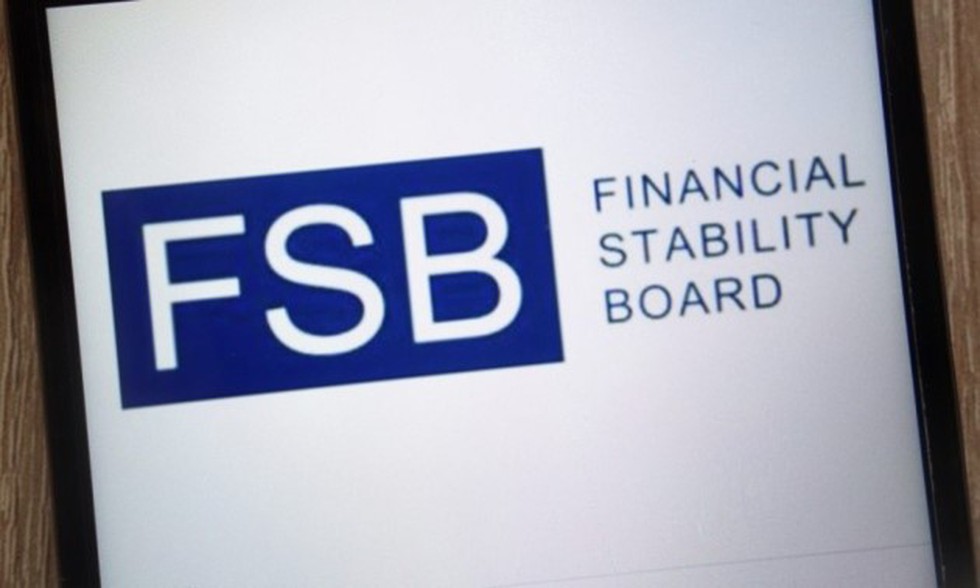About Financial Stability Board (FSB):
- FSB is an international body that monitors and makes recommendations about the global financial system.
- It was established in April 2009 after the G20 Summit in London as the successor to the Financial Stability Forum.
- Mandate:
- To coordinate at the international level the work of national financial authorities and international standard-setting bodies and to develop and promote the implementation of effective regulatory, supervisory, and other financial sector policies.
- The FSB, working through its members, seeks to strengthen financial systems and increase the stability of international financial markets.
- Headquarters: Basel, Switzerland.
- The board includes all G20 major economies.
- The FSB consists of 68 member institutions. It comprises several central banks, ministries of finance, and supervisory and regulatory authorities from 25 jurisdictions, as well as 10 international organizations and six Regional Consultative Groups (RCGs).
- Framework:
- The Plenary, which serves as the sole decision-making body.
- The Steering Committee, which takes forward operational work in between Plenary meetings.
- Three Standing Committees, each with specific but complementary responsibilities.
- The FSB’s decisions are not legally binding on its members.
- India and FSB: India is an active Member of the FSB, having three seats in its Plenary represented by Secretary (Dept of Economic Affairs), Deputy Governor-RBI, and Chairman-SEBI.
About International Monetary Fund (IMF):
- It is a United Nations (UN) specialized agency founded at the Bretton Woods Conference in 1944.
- Objective: To secure international monetary cooperation, to stabilize currency exchange rates, and to expand international liquidity (access to hard currencies).
- Headquarters: Washington D.C, USA.
- Currently, it has 190 member countries.
- The IMF's resources mainly come from the money that countries pay as their capital subscription (quotas) when they become members.
- Each member of the IMF is assigned a quota based broadly on its relative position in the world economy.
- Functions:
- The IMF provides loans—including emergency loans—to member countries experiencing actual or potential balance of payments problems.
- It provides technical assistance and training to governments, including central banks, finance ministries, revenue administrations, and financial sector supervisory agencies.
